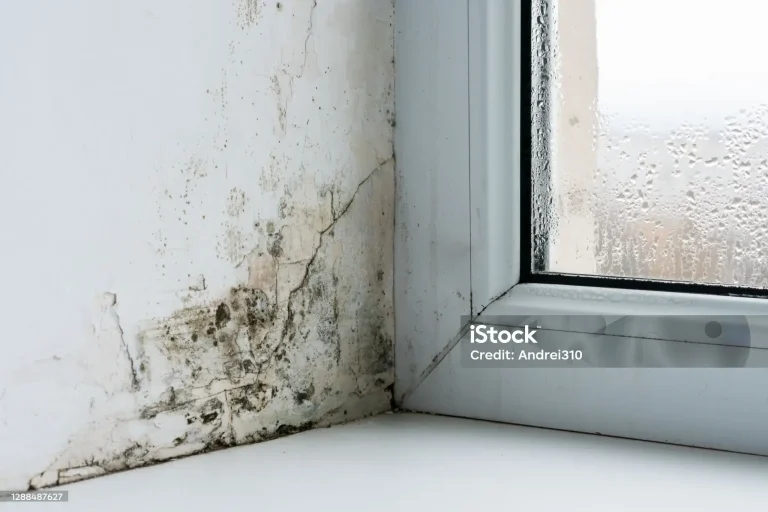A well-functioning water heater is a cornerstone of modern comfort, providing the hot water we rely on for daily tasks like showering, cleaning, and laundry. When this essential appliance fails to deliver, it can throw a wrench into our routines, causing inconvenience and frustration. In this comprehensive guide, we’ll explore the ten possible reasons your water heater is not working as it should. From simple troubleshooting steps to more complex issues, we’ve provided insights and solutions to get your water heater back on track.
Diagnosing Issues With Your Water Heater Before You Begin:
Before we delve into the potential culprits behind your water heater woes, starting with a diagnostic checklist is crucial. A systematic approach can help narrow the causes and streamline the troubleshooting process. But before you start, let’s discuss some essential safety precautions, including shutting off power and releasing pressure, to ensure you work in a safe environment.
Check Your Warranty:
When your water heater is not working? Check Your Warranty First! It’s a question worth asking before you embark on any repairs. We’ll guide you in determining if your water heater is covered by the manufacturer’s warranty, including where to find vital information like the model, serial number, and manufacturing year. Understanding your warranty can save you time, money, and headaches in the long run.
Recognize The Warning Signs:
Your water heater often provides warning signs when it’s struggling. These signals should be addressed, from inadequate hot water and varying temperatures to leaks, reduced water flow, strange noises, and even smelly or discolored water. We’ll stress the importance of promptly addressing these signs and seeking professional assistance to prevent further damage and potential safety hazards.
How to Diagnose the Problem with Your Hot Water Heater:
When your water heater acts up, you don’t need to be an expert to perform some initial troubleshooting. We’ll guide you through simple steps to check for common issues like power problems and a pilot light that’s gone out. For gas water heaters, we’ll show you how to relight the pilot light safely, and for electric models, we’ll discuss checking the power sources. Additionally, we’ll cover how to test your water’s temperature and color for more insights into the problem.
Still No Hot Water? Here Are 10 More Possible Causes:
1. Water Leaks:
If you see water coming from your water heater’s drain, pressure relief valve, or tank, it’s a sign of trouble. You need to act fast to prevent any damage.
2. Gas Leaks & Faulty Gas Valves:
If you smell gas around your water heater or notice a problem with the gas valve, getting help from a professional is essential. Gas issues can be dangerous.
3. Faulty Heating Element:
If the part that heats the water isn’t working for electric water heaters, you might not get any hot water. You should ask a professional to check and fix this.
4. Faulty Temperature Pressure Valve:
This part helps control the pressure in your water heater. If it’s not working, your heater might turn off. You need a professional to make it work again.
5. Rust & Corrosion:
If the water from your heater looks strange or discolored, it could mean there’s rust inside. You should get a professional to look at it and figure out what to do.
6. Failing Anode Rod:
The anode rod helps prevent rust in your heater. If it’s not working, your heater could get rusty. It’s essential to replace it on time.
7. Thermostat Control Issues:
The thermostat sets the right temperature for your water. Your water might be too hot or cold if it’s not working. Regular check-ups can keep it working well.
8. Improperly Sized Water Heater:
You might need more hot water if your water heater needs to be more significant. It’s essential to have the right size for your home.
9. Damaged Burner Assembly or Gas Control:
Gas heaters have a part that makes the fire heat the water. If it’s broken, you won’t get hot water. A professional can fix this.
10. Age:
If your water heater has been old for over ten years, it might not work well anymore. It’s a good idea to get a new one for better performance.
Avoid Future Issues with Regular Maintenance:
We’re here to provide valuable pointers for maintaining your water heater and preventing unforeseen problems. Our experts suggest scheduling yearly flushing and anode rod checks to ensure your water heater works smoothly. You can rely on us to offer expert guidance, helping you avoid issues where your water heater is not working and ensuring it functions dependably for many years.
Conclusion:
In conclusion, a well-functioning water heater is crucial for everyday comfort and tasks. When it malfunctions, it disrupts our routines and can lead to inconvenience. This guide has provided valuable insights into addressing issues when your water heater is not working, ranging from simple troubleshooting steps to more complex problems. To keep your water heater running smoothly, prioritize safety, check your warranty, and act on warning signs. Get professional help for leaks, gas concerns, faulty parts, or aging issues. Regular maintenance, like flushing and anode rod checks, can extend your heater’s life and efficiency. Contact Heaters Hut for repairs, replacements, and expert advice. Enjoy hot water for years to come.






